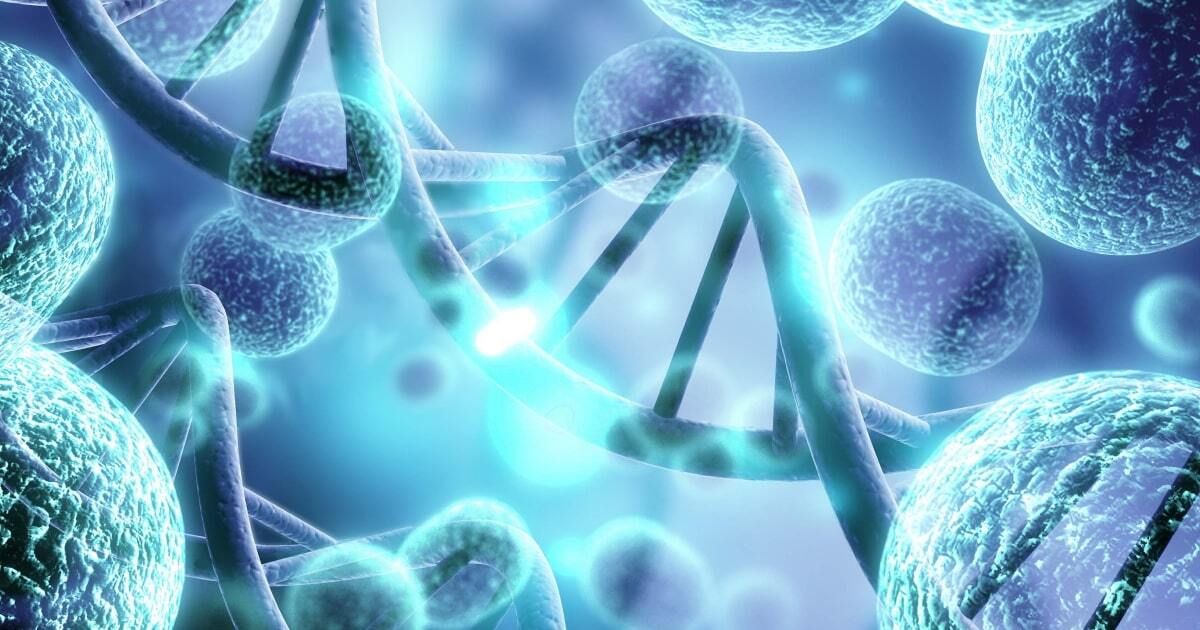Unlocking the Mystery of Autosomal Dominant Cleft Lip and Palate: A Guide to Genetic Testing

Expert Reviewed By: Dr. Brandon Colby MD
Understanding Autosomal Dominant Cleft Lip and Palate
Cleft lip and cleft palate are common congenital conditions affecting the facial structure of newborns. These conditions occur when the tissues forming the lip and palate do not fuse properly during fetal development. Autosomal dominant cleft lip and palate is a specific form of this condition, caused by a single gene mutation inherited from one parent. This type of cleft lip and palate is often associated with Van Der Woude Syndrome, a rare genetic disorder characterized by cleft lip or cleft palate and distinctive lower lip pits (Van Der Woude Syndrome – A Review).
Diagnosing Autosomal Dominant Cleft Lip and Palate
Diagnosing autosomal dominant cleft lip and palate typically involves a thorough physical examination of the newborn’s facial features. In some cases, prenatal ultrasounds can detect the presence of a cleft lip or palate before birth. However, a definitive diagnosis often requires genetic testing to confirm the presence of the specific gene mutation responsible for the condition.
Genetic Testing for Autosomal Dominant Cleft Lip and Palate
Genetic testing can be a valuable tool for diagnosing autosomal dominant cleft lip and palate and understanding the underlying cause of the condition. This type of testing involves analyzing a sample of the patient’s DNA to identify any mutations in the genes associated with the disorder. Genetic testing can provide several benefits for individuals with autosomal dominant cleft lip and palate, including:
1. Confirming the diagnosis
Genetic testing can help confirm the diagnosis of autosomal dominant cleft lip and palate by detecting the specific gene mutation responsible for the condition. This information can be useful for healthcare providers when developing a treatment plan tailored to the patient’s unique needs.
2. Identifying carriers
Genetic testing can also help identify carriers of the gene mutation responsible for autosomal dominant cleft lip and palate. This information can be valuable for family planning purposes, as it allows couples to understand their risk of having a child with the condition.
3. Prenatal testing
For couples who are known carriers of the autosomal dominant cleft lip and palate gene mutation, prenatal genetic testing can be an option. This type of testing can help determine if the fetus has inherited the gene mutation, allowing for early diagnosis and intervention.
4. Guiding treatment
Understanding the genetic cause of autosomal dominant cleft lip and palate can help healthcare providers develop a comprehensive treatment plan tailored to the patient’s specific needs. This may include surgical intervention, speech therapy, and ongoing monitoring for potential complications related to the condition.
Conclusion
Autosomal dominant cleft lip and palate is a complex genetic condition that can have a significant impact on the lives of those affected. Genetic testing can play a crucial role in diagnosing the condition, identifying carriers, guiding treatment, and providing valuable information for family planning. By understanding the genetic basis of this disorder, healthcare providers can develop personalized treatment plans to help individuals with autosomal dominant cleft lip and palate lead healthy, fulfilling lives.
About The Expert Reviewer
Dr. Brandon Colby MD is a US physician specializing in the personalized prevention of disease through the use of genomic technologies. He’s an expert in genetic testing, genetic analysis, and precision medicine. Dr. Colby is also the Founder of and the author of Outsmart Your Genes.
Dr. Colby holds an MD from the Mount Sinai School of Medicine, an MBA from Stanford University’s Graduate School of Business, and a degree in Genetics with Honors from the University of Michigan. He is an Affiliate Specialist of the American College of Medical Genetics and Genomics (ACMG), an Associate of the American College of Preventive Medicine (ACPM), and a member of the National Society of Genetic Counselors (NSGC)